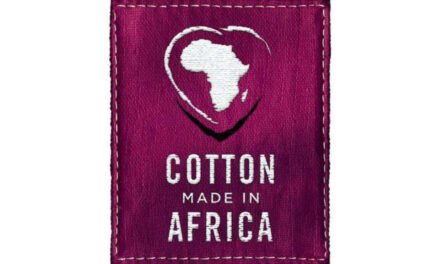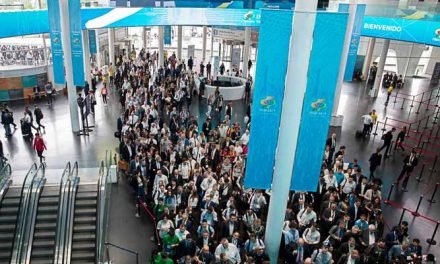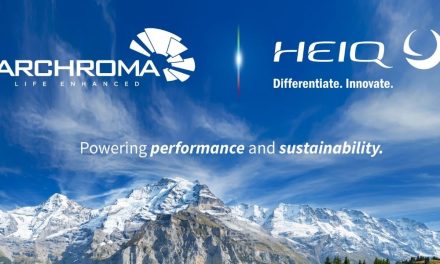 Adidas has taken the top slot in the Cotton Ranking 2020 published by three non-governmental organisations (NGOs—UK-based Pesticide Action Network (PAN), the Netherlands-based Solidaridad Network and World Wide Fund for Nature (WWF). It has become a global leader in sourcing sustainable cotton from the 6th place it held in the last ranking.
Adidas has taken the top slot in the Cotton Ranking 2020 published by three non-governmental organisations (NGOs—UK-based Pesticide Action Network (PAN), the Netherlands-based Solidaridad Network and World Wide Fund for Nature (WWF). It has become a global leader in sourcing sustainable cotton from the 6th place it held in the last ranking.
The brand now sources all its cotton from sustainable sources. IKEA ranks second, followed by the H&M Group in the third place. The ranking is based on research conducted and compiled by independent consultancy Aidenvironment.
The latest ranking reveals significant progress by big brands toward more sustainable cotton and the growing divide between companies that take their responsibilities seriously and the many laggard companies that do not, according to a press release from Solidaridad.
While 21 per cent of global cotton production is now more sustainable, only 5 per cent of global production is actively bought as sustainable by retailers and brands. The rest has to be sold as conventional cotton because not enough of the big brands explicitly shop for more sustainable cotton.
Isabelle Roger, Global Cotton Programme Manager of Solidaridad Network says: “Shockingly, three quarters of sustainable cotton is still sold as conventional cotton. Farmer groups end up selling the majority of their more sustainable produce as conventional cotton due to lack of demand. If the failing brands took their responsibilities seriously, this wouldn’t be an issue.”
Progress has been exemplified by companies like Bestseller (Jack&Jones, Vera Moda, ONLY) and Decathlon, which in 2017 were ranked as ‘starting the journey’ but are now ‘leading the way’, thanks to the sharp increase in their uptake of sustainable cotton. Almost all companies who made public commitments have made substantial improvements.
The number of companies lagging behind is largely unchanged since 2017. Around one-third of companies, including global names like Amazon, Footlocker, Giorgio Armani and Forever 21, scored zero in the ranking, despite increasing global concerns about worsening water scarcity, pollution, land degradation and loss of biodiversity.
“The ranking reveals that there is a small but growing group of frontrunners who are leading the way toward a more sustainable cotton sector, with their commitment over the last few years paying off. The report gives plenty of evidence that public commitments lead to results, however many companies have still not taken the necessary steps. CEOs of these laggard companies must change course and make time-bound commitments to use more sustainable cotton” said Alexis Morgan, WWF Global Water Stewardship Lead.
The report also reveals that for the first time more than half of ranked companies now have commitments to use sustainable cotton, but the three NGOs express concern that overall companies are not achieving as much as they should. Eleven big brands, including Nike, H&M and C&A Group, have committed to sourcing cent per cent of their cotton from more sustainable sources by the end of this year.





















